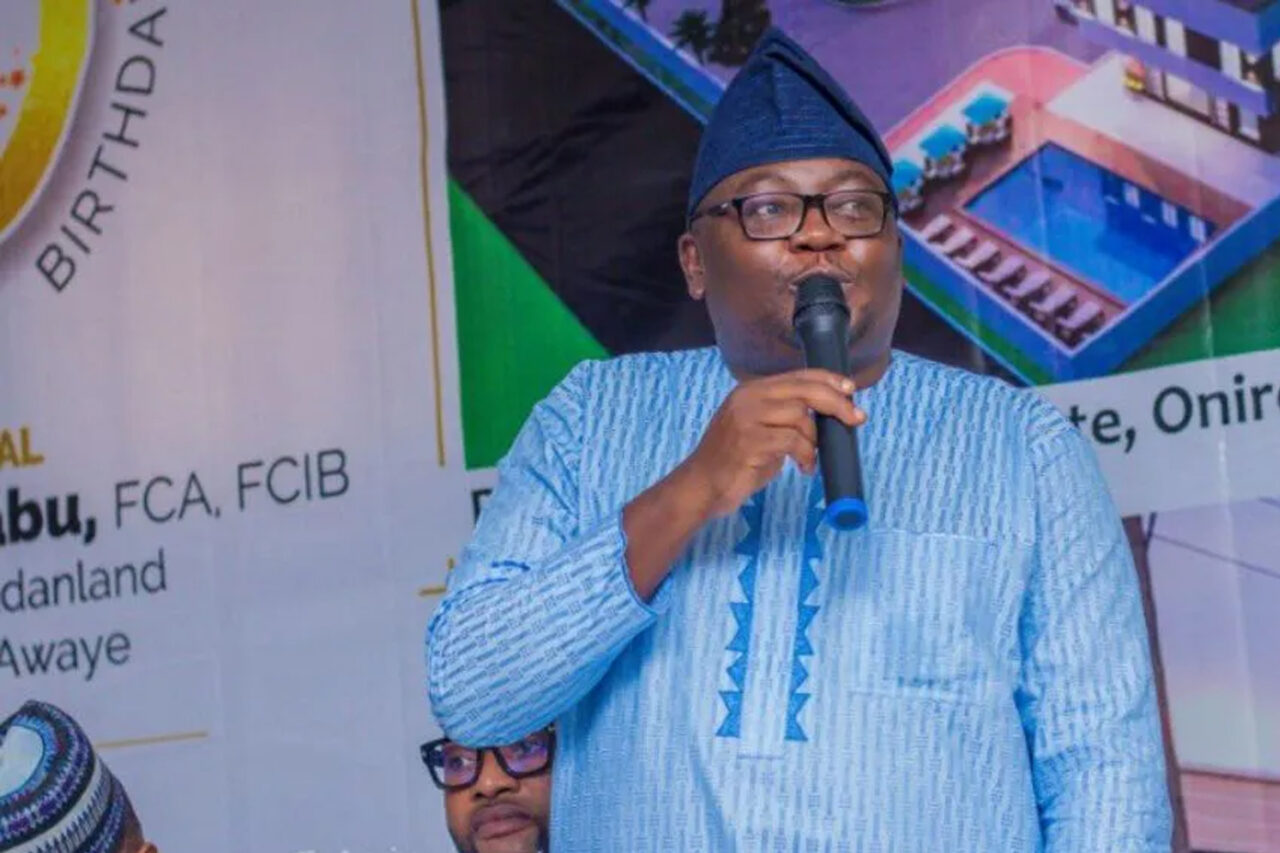The Nigerian government is working towards generating a medium-term 20,000 megawatts (MW) of electricity by 2026 and a long-term 60,000 MW by 2060, Power Minister Adebayo Adelabu said last week.
Speaking at the opening ceremony of the Nigeria Energy Summit in Lagos, Adelabu said the federal government would grow the power sector through huge investments.
He said a US$20 billion investment plan has been put in place for the establishment of new power plants and transmission lines.
“The Nigerian government is actively advancing the power sector through various measures,” Adelabu said.
“With a US$20 billion investment plan, new power plants and transmission lines are set to be established to boost power generation and grid stability.
“That is why my tenure would focus on growing power generation to 20,000 megawatts in the next three years. But the target would be impossible without investments from all investors across the sector’s value chain.
The Minister of Power said the proposed power generation boost is “not an ambitious target for Nigeria, we can easily achieve it.”
Nigeria has the potential to generate 12,522MW of electricity from existing plants, but is only able to dispatch around or below 4,000MW, which is insufficient for a country of over 200 million people, according to Power Africa, a U.S. Government-led partnership.
There are also frequent national grid collapses that plunge the whole country into darkness for hours, and in some cases, days.
To resolve Nigeria’s power sector challenges, President Bola Tinubu de-monopolized the nation’s electricity generation by authorising all 36 state governments to enter the electricity generation business in June.
- Nigeria’s Defence Chief Calls for National Unity Against Terrorism - April 28, 2024
- Boko Haram Militant Surrenders to Army in Borno - April 28, 2024
- Military Commander Killed Responding to Village Attack in Katsina - April 28, 2024


